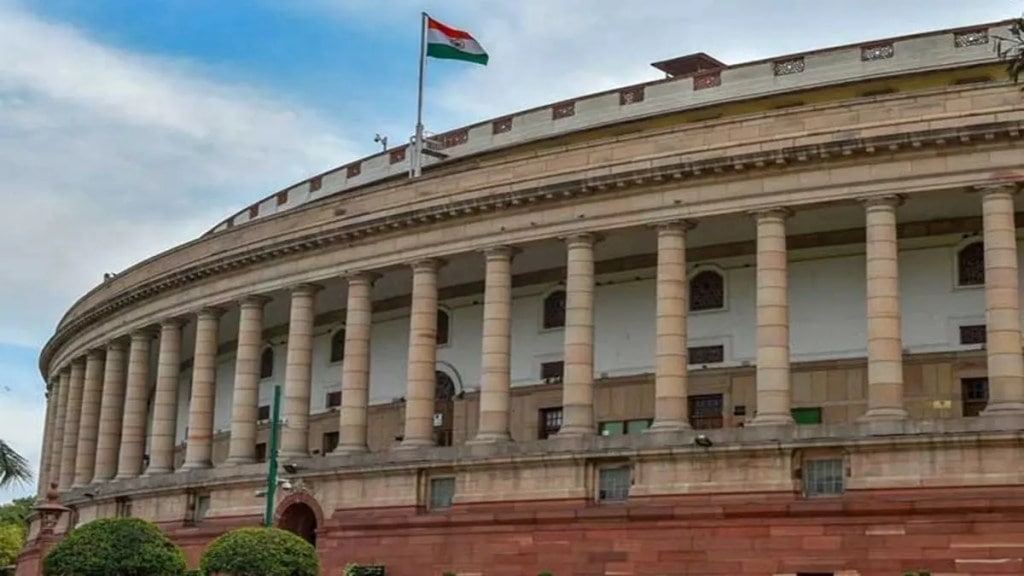The government will likely table a proposed Bill to replace the special economic zones (SEZs) Act only in the next session of Parliament, as differences between the commerce and the finance ministries over tax incentives and some other key provisions of the draft Bill have delayed its introduction.
The commerce ministry was earlier planning to introduce the Development of Enterprise and Services Hub (DESH) Bill in the ongoing Winter session of Parliament.
Also Read: Funds under as many as 18 schemes of MSME min remained underutilised in FY22: Govt data
Both the ministries are in talks to resolve differences after the revenue department rejected the commerce ministry proposal to extend a benign corporate tax rate of 15% until 2032 for the units in these proposed hubs. “More deliberations between the two ministries are being planned to reach an agreement on key contours, so that the text of the Bill can be finalised at the earliest,” an official source told FE.
As FE had reported on October 5, in its formal comments on the Bill, the finance ministry had opposed the tax sop proposal and also expressed its reservation on another proposal to integrate the hubs with the domestic market, unlike SEZs that have clear export obligations.
In the past, the finance ministry had, in internal deliberations, raised similar concerns over granting tax incentives to SEZs, in sync with its bid to prevent fiscal erosion and its vision to herald an exemption-free and simplified tax regime. It had also resisted the idea of allowing SEZ units to sell goods in the domestic market at zero or nominal tax, instead of the usual customs duty.
Also Read: Parliamentary panel suggests changes to competition law amendment bill
However, its opposition, especially on the issue of freezing the concessional tax for greenfield and certain brownfield DESH units in both manufacturing and services sectors for a decade, was expected to soften in the light of the fact that it had already trimmed such a tax to 15% for new manufacturing units that begin operations by March 2024.
The commerce ministry had inserted these provisions in the draft Bill to make it more attractive for investors to set up units in these specially delineated zones.
The new Bill was necessitated to woo investors after the government set a sunset date for SEZ units to start operations (June 30, 2020) to be eligible for a phased income-tax holiday for 15 years.
Moreover, India lost a case at the World Trade Organization filed by the US, which had claimed New Delhi was offering illegal export subsidies through these SEZs.
Consequently, the draft Bill has proposed to scrap the primary requirement for an SEZ unit to have positive net foreign exchange (NFE) for five years; instead, the unit’s performance will be evaluated on the basis of “net positive growth” (NPG) under the proposed Bill. The NPG of a unit will be based on certain parameters, including employment generation and economic activity.
However, the finance ministry’s fresh reservation about the lack of export focus of these units stems from the concern that it would spur demands for similar incentives for firms outside these zones, sources had told FE earlier.

